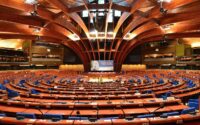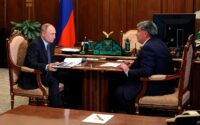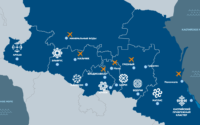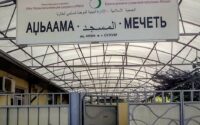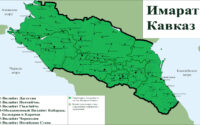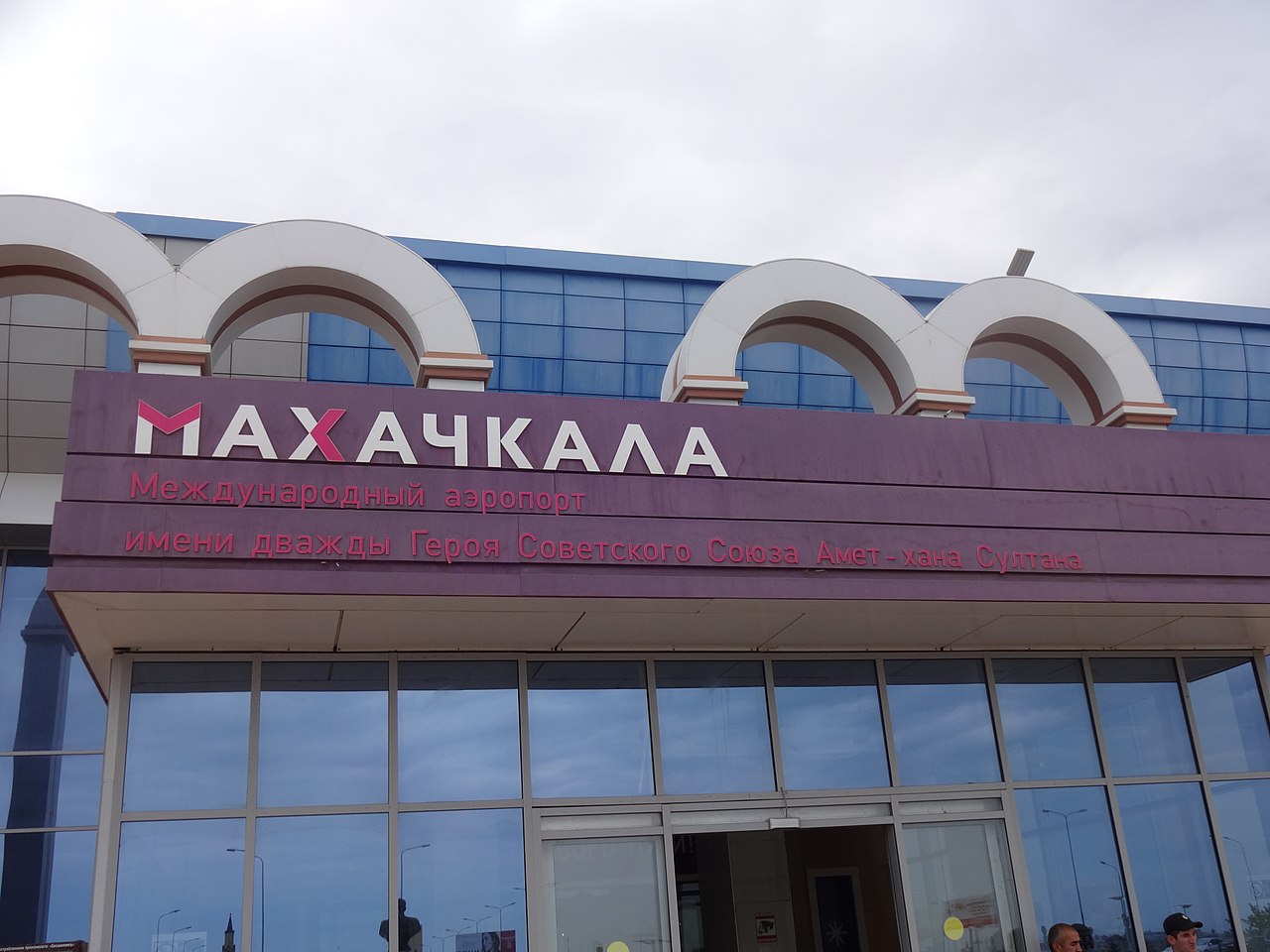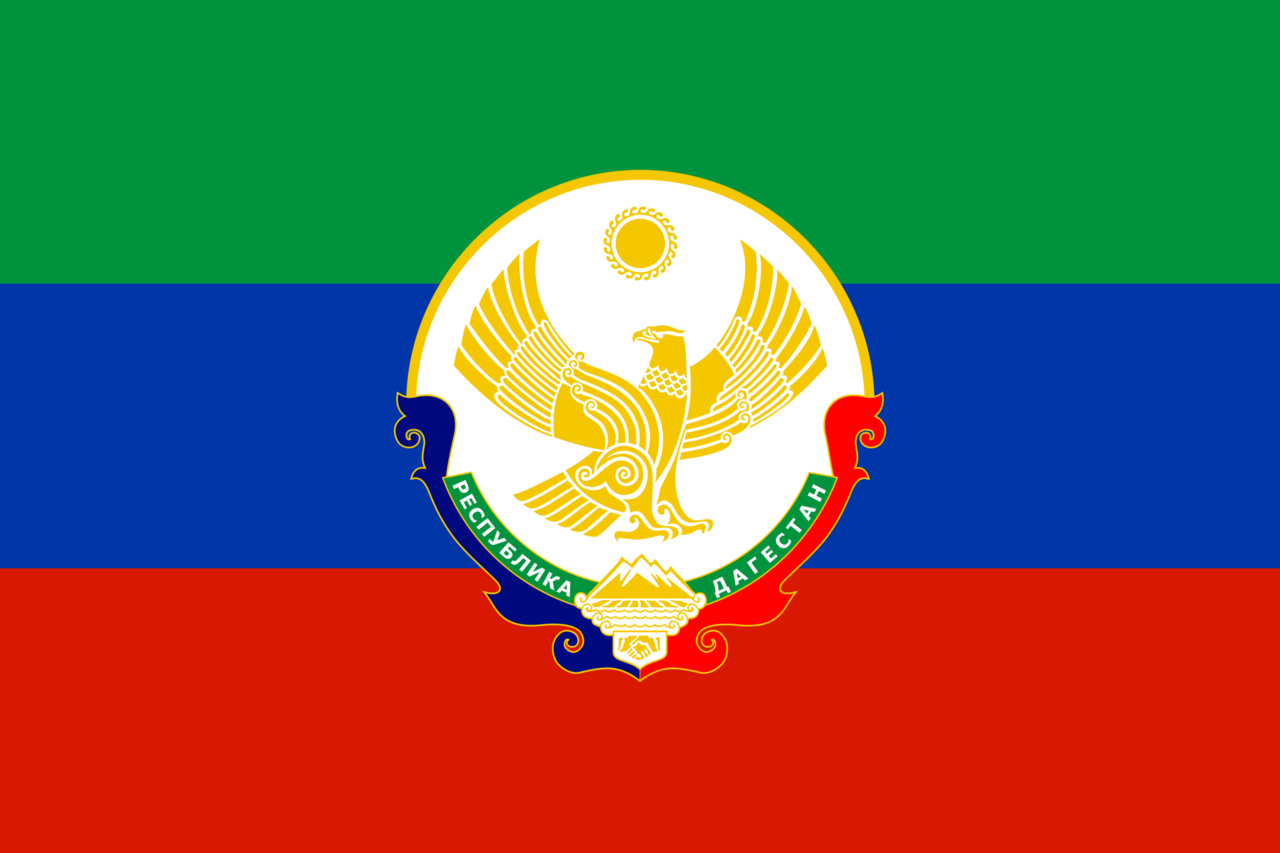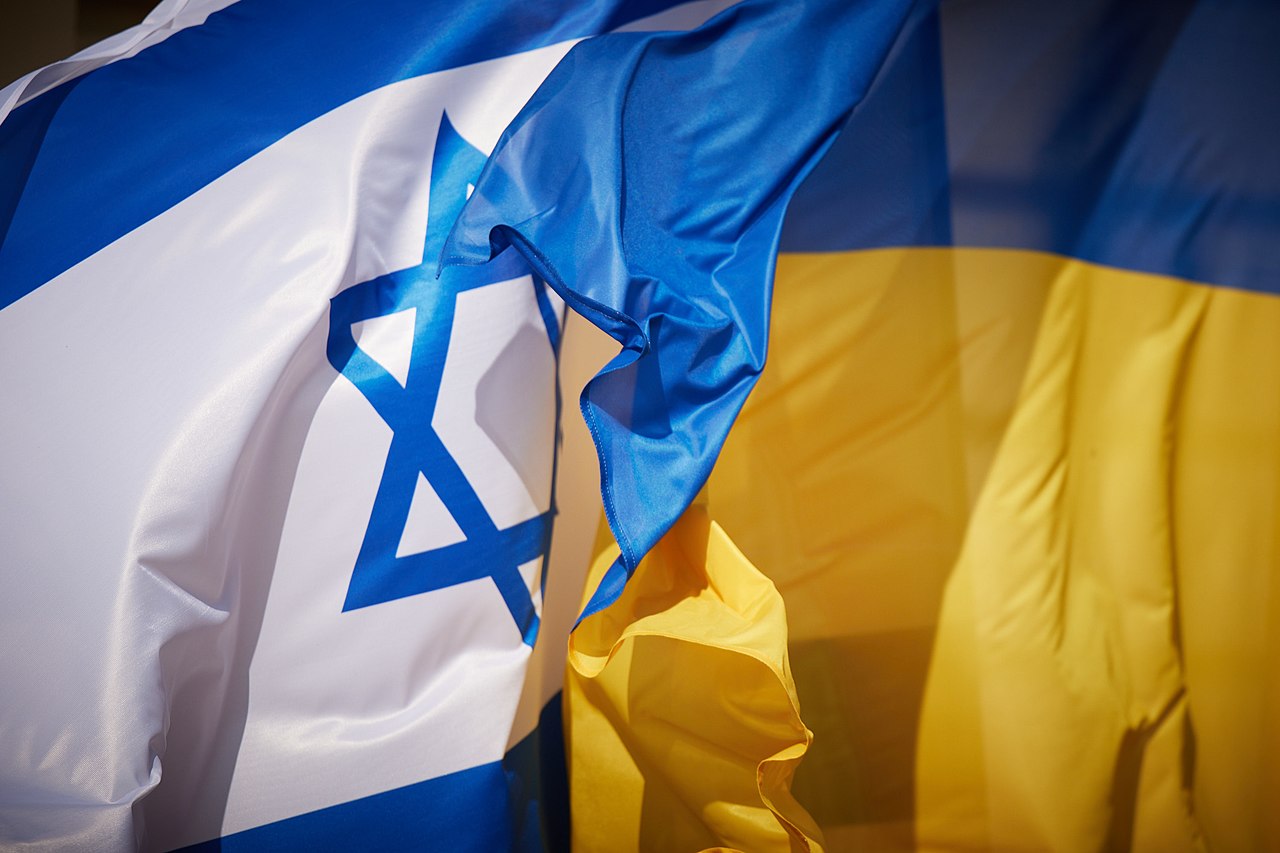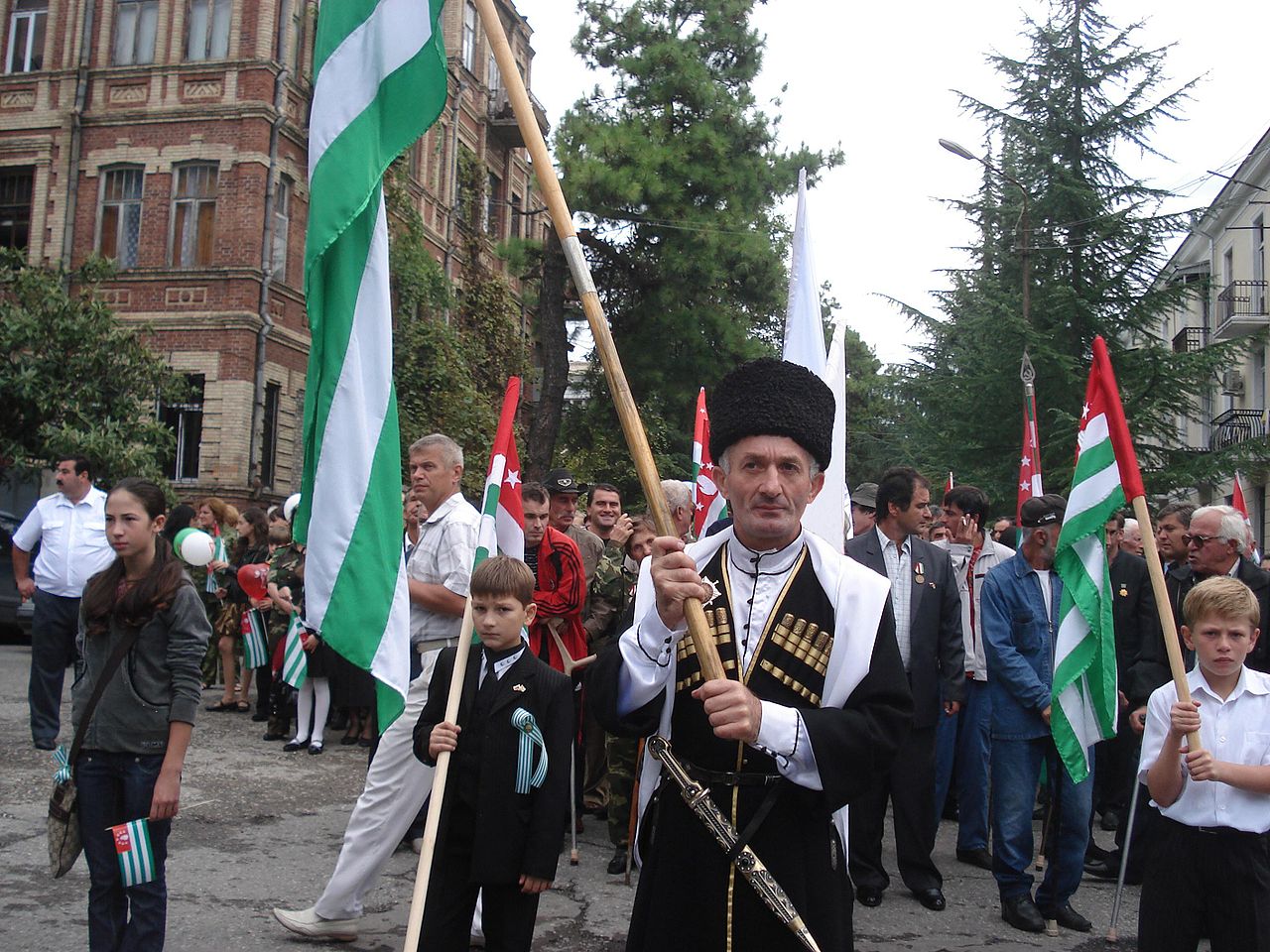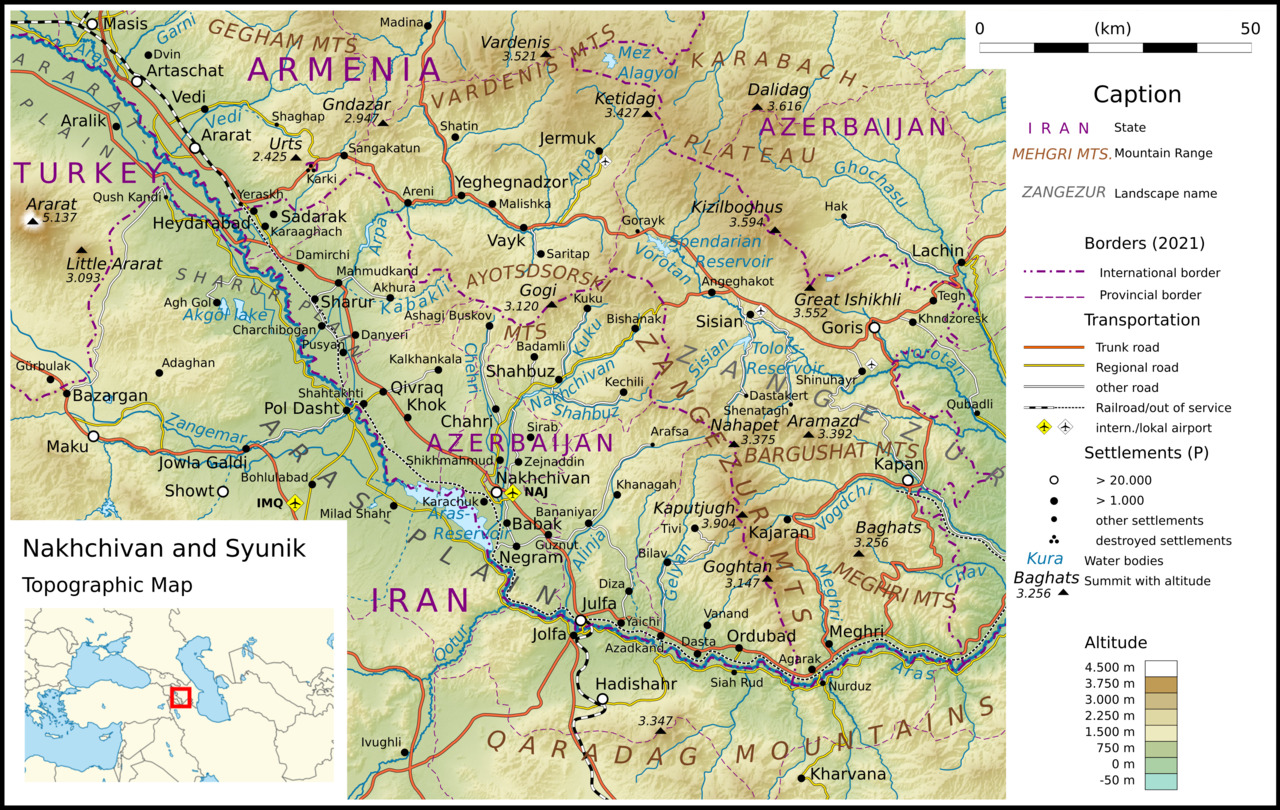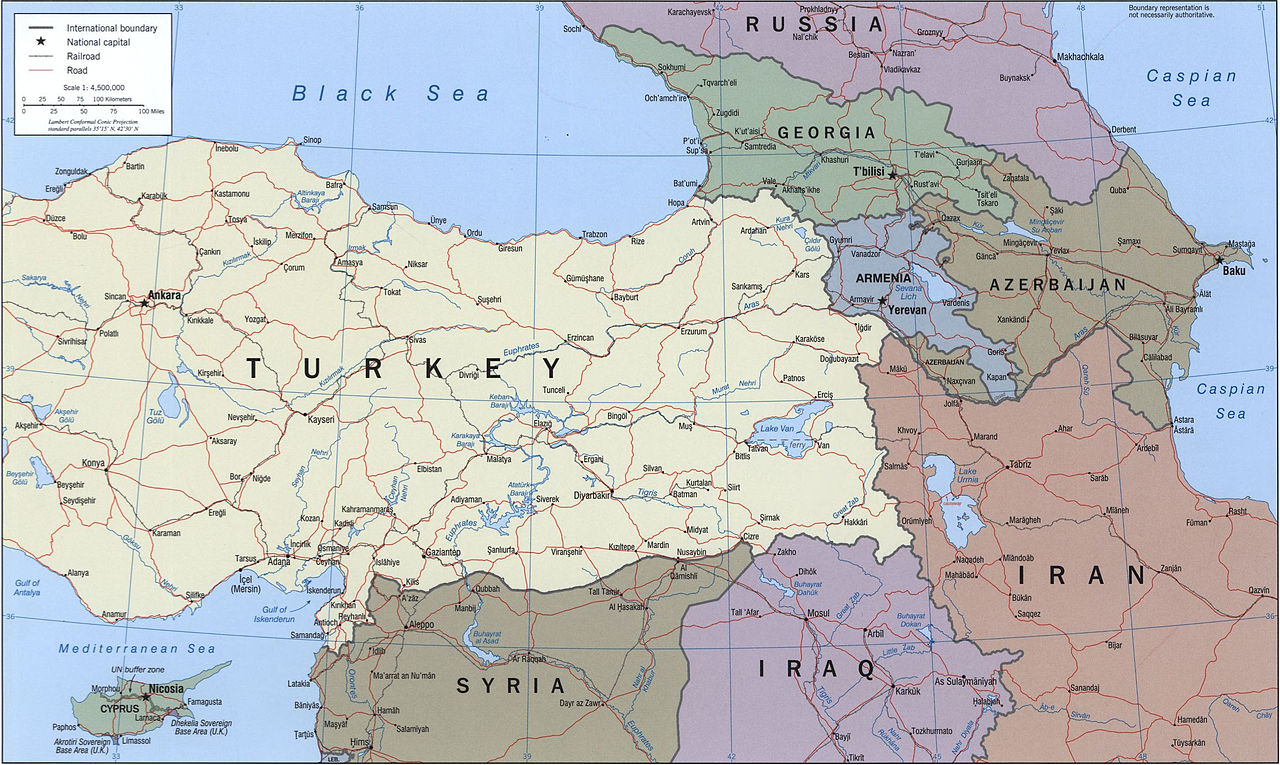Category: Kavkaz Files ISSN 2975-0474
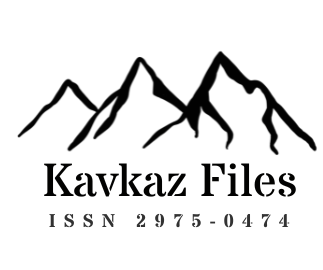
Kavkaz Files ISSN 2975-0474 stands as our distinguished publication, dedicated to unravelling the intricate layers of the Caucasus region’s geopolitical landscape, internal dynamics, sociocultural intricacies, and economic features. There is an imperative to investigate this strategic crossroads because of the historically pivotal role played by the Caucasus. Researching the uncharted Russian North Caucasus Federal District and local ‘frozen conflict’ is generating a considerable level of interest. Our efforts are bolstered by the use of primary sources, academic literature in local languages, and conducting interviews. In recognition of this necessity, Kavkaz Files has committed itself to the task of delivering in-depth and customised analyses, meticulously crafted research papers, and risk assessments pertaining to this captivating and consequential domain. Through our dedicated efforts, we aspire to illuminate the shadows and offer a profound understanding of the Caucasus, fostering a more informed discourse on its present and future trajectories.
Editorial Guidelines
Please, respect the following guidelines and the format of the text reported by our organisation. These are the general guidelines of the document you should send us in word format. Each paper should have:
Format
Times New Roman 12, justify first line indent 0.6, line spacing 1.5, 1,500-2500 words. Title: Times New Roman 14 bold, Paragraphs’ titles: Times New Roman 12 bold and italic
Sources
Insert the sources in the text hyperlink
Kavkaz Files ISSN 2975-0474
Publisher: SpecialEurasia
Editors: Giuliano Bifolchi
Country: Italy
City: Rome
Address: Via Torrenova, 407
Language: Italian, German, English, Russian
Copyright © SpecialEurasia
All rights reserved. No part of this publication may be reproduced, distributed, or transmitted in any form or by any means, including photocopying, recording, or other electronic or mechanical methods, without the prior written permission of the publisher, except in the case of brief quotations embodied in critical reviews and specific other noncommercial uses permitted by copyright law. For permission requests, write to the publisher, addressed “Attention: Permissions Coordinator,” at info@specialeurasia.com.


